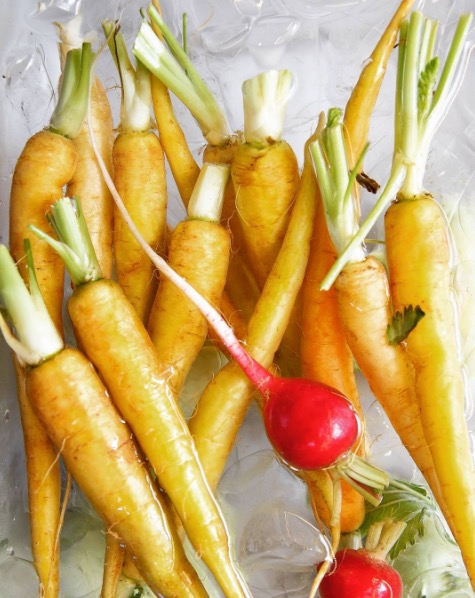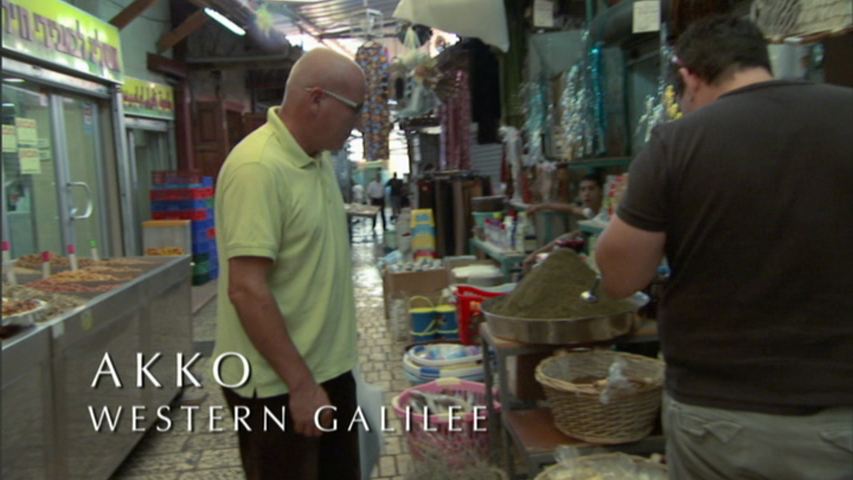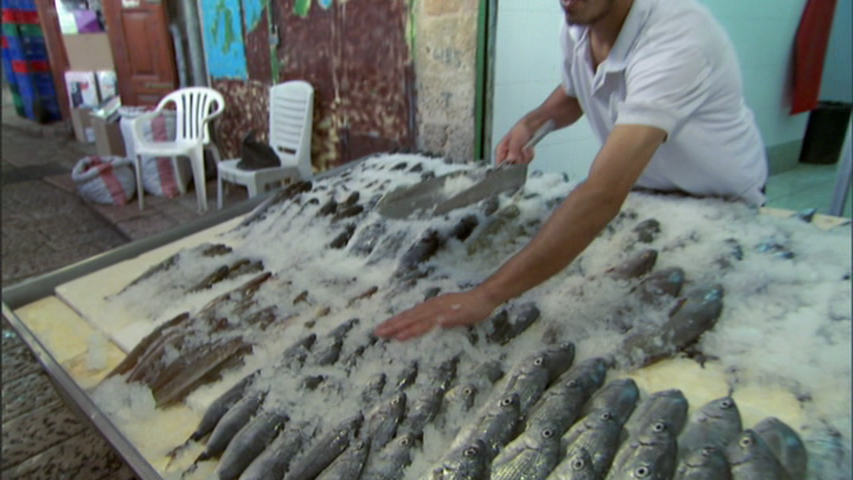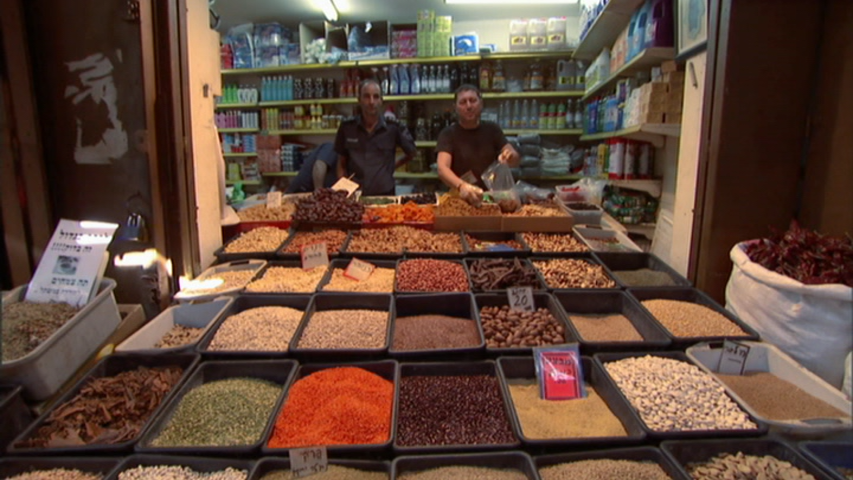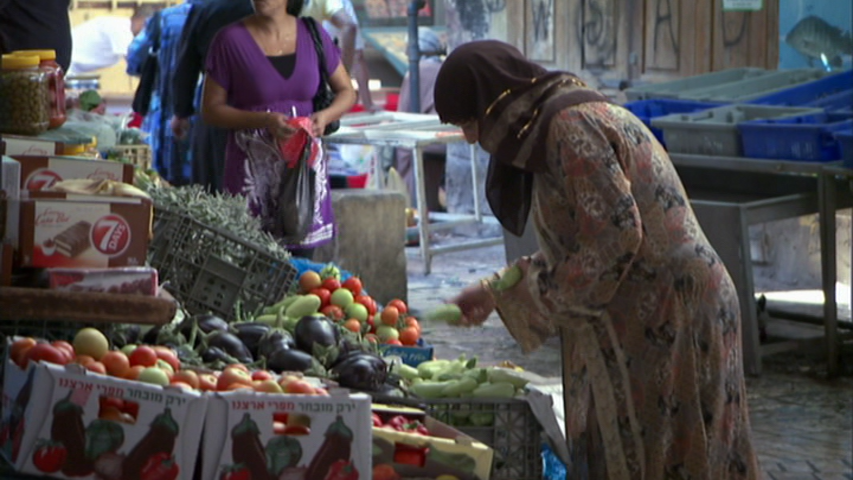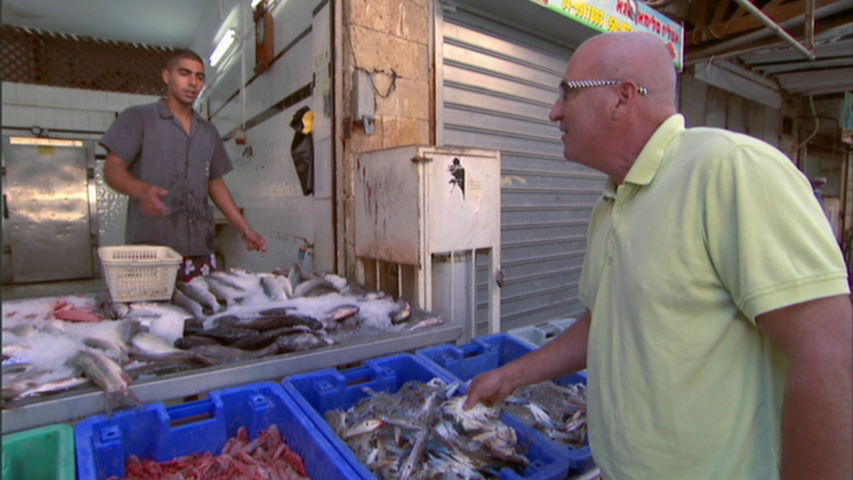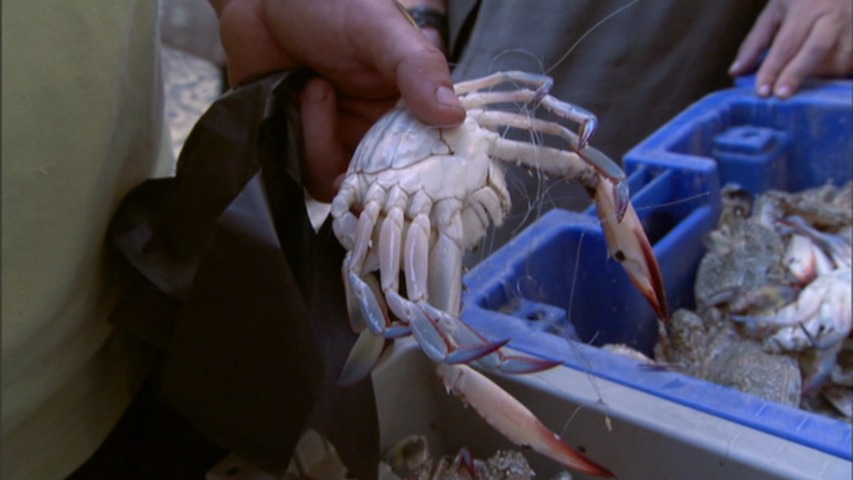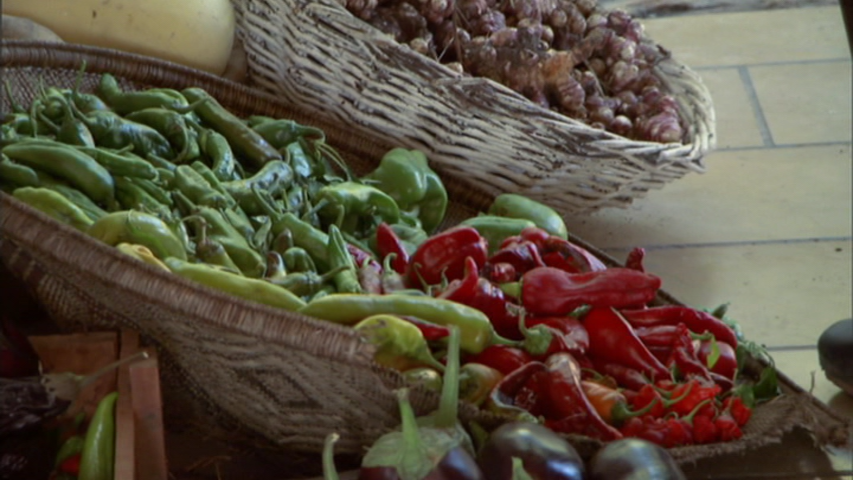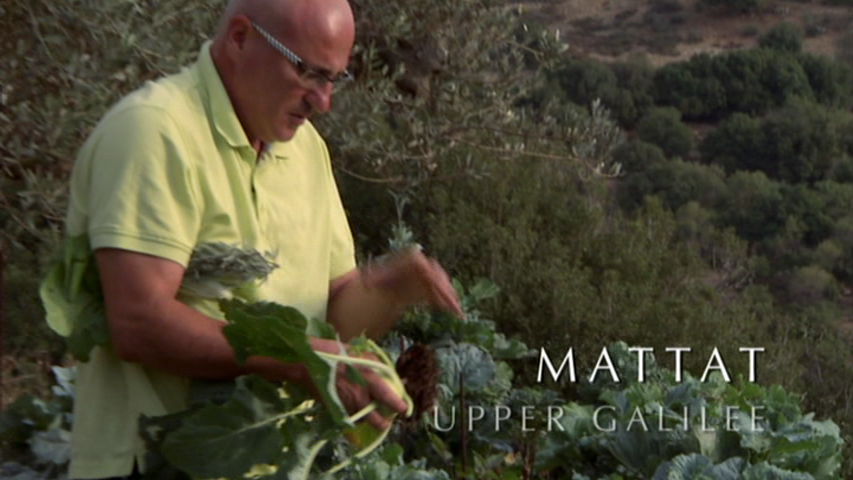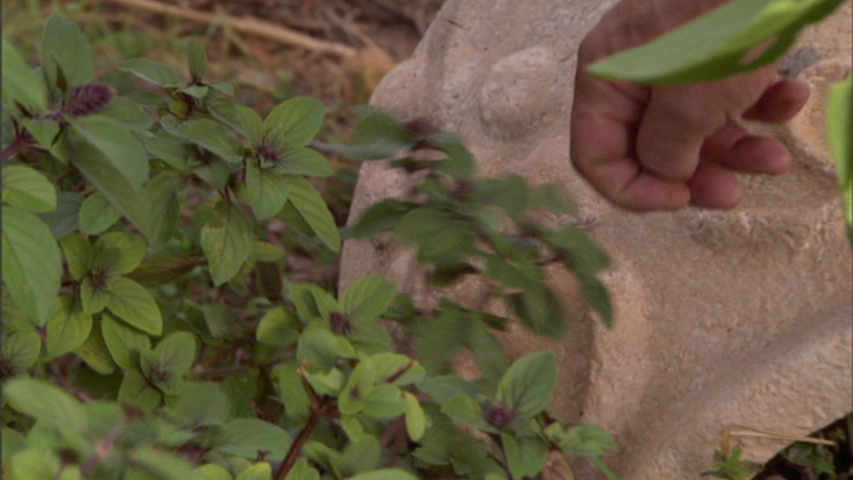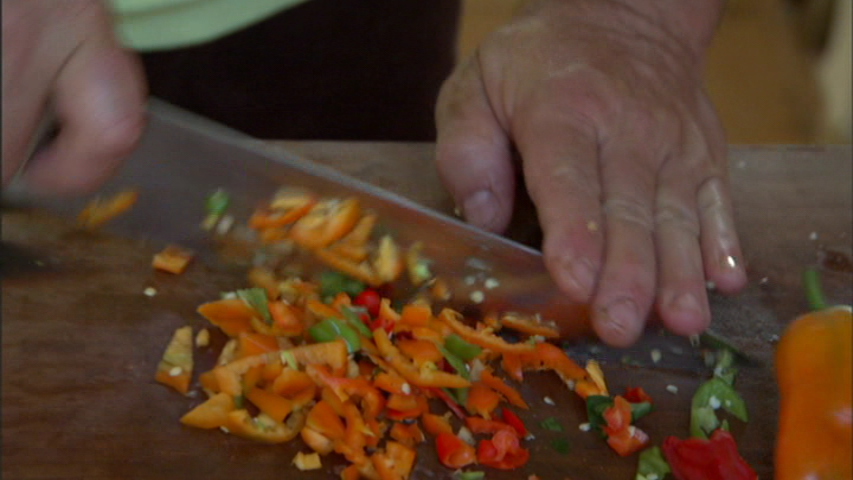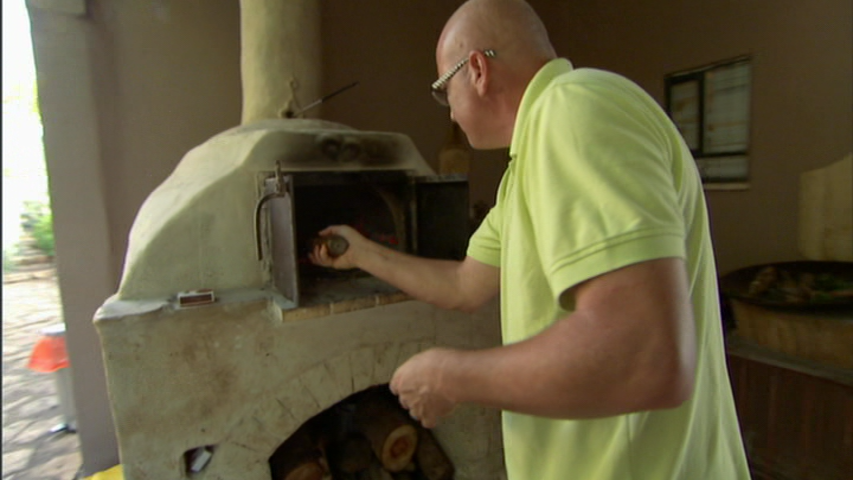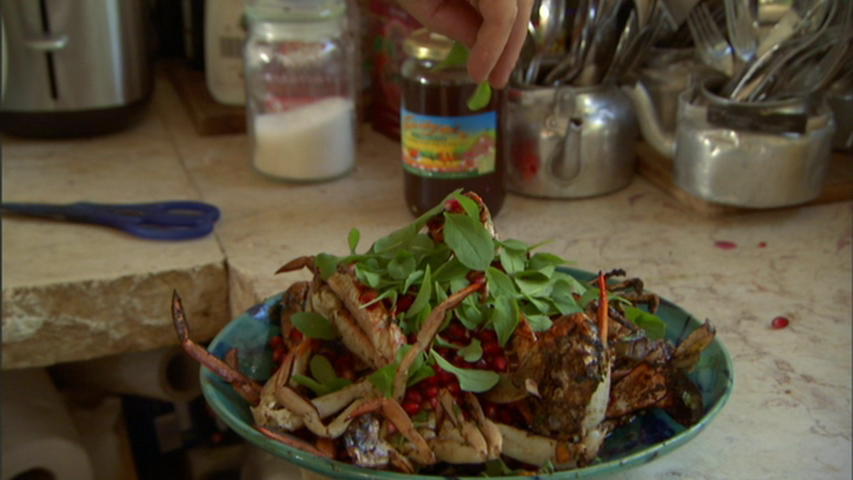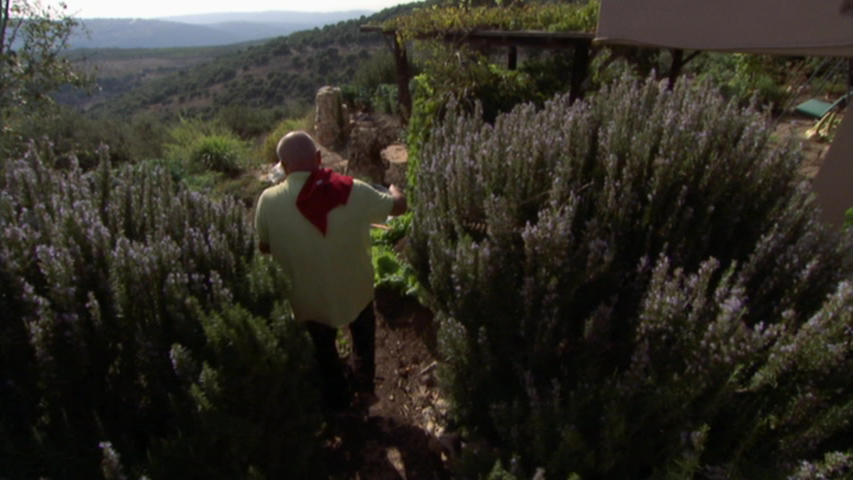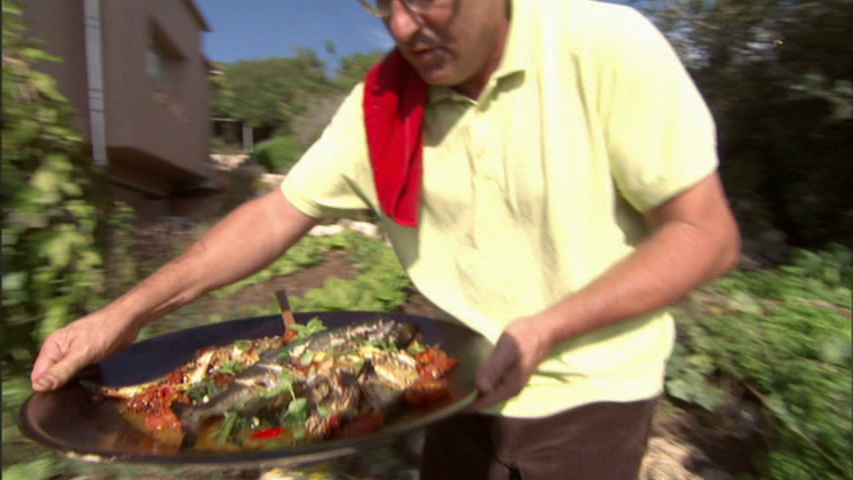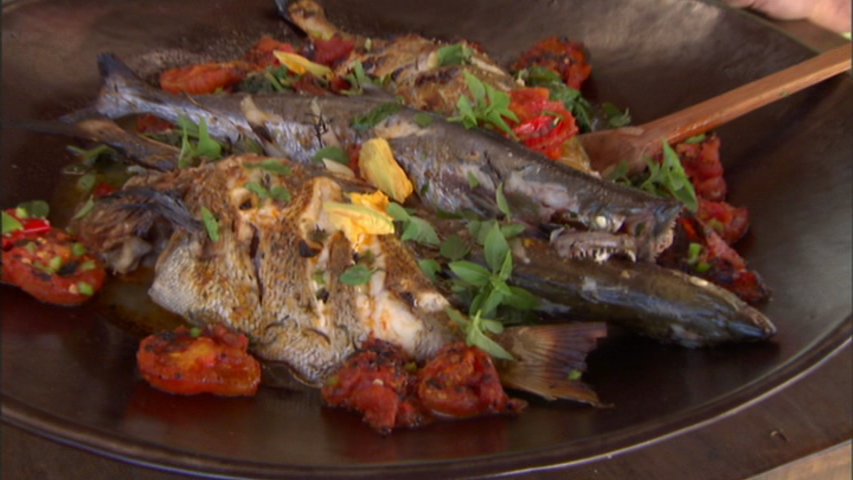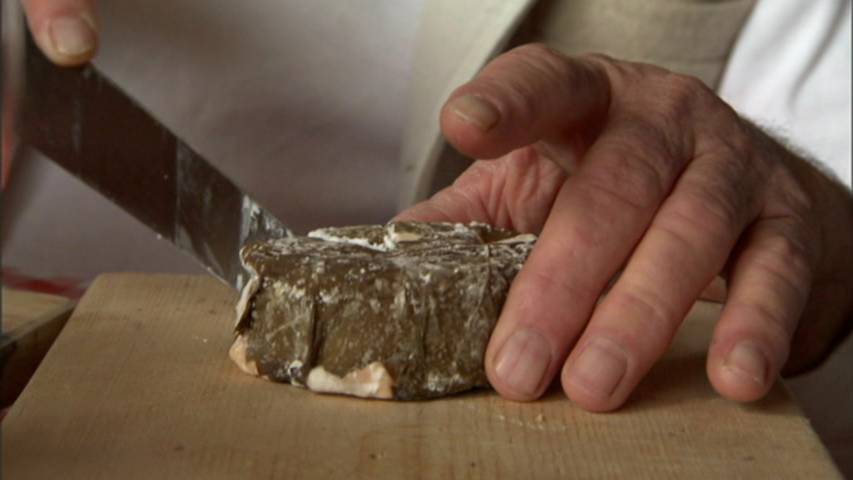Updated . Photo by and courtesy Avi Ganor
Respected restaurateur Ofra Ganor is the brain behind Manta Ray, the venerable and hugely successful bastion of beachside dining in Tel Aviv. With Ofra at its helm, Manta Ray is sunny, gorgeous, runs like clockwork, and serves superb food (under the watch of head chef Ronen Skinezes).
“From the start, my motto was: no deep-fried fish, no hummus. And no fries. I wanted another kind of restaurant.”
While she is not a professional cook herself, Ofra has over the years opened several other well-respected eateries in Tel Aviv and Jaffa, and she says: “I’ve done my homework.” She understands food extremely well, as does everyone who works at her restaurants. Ofra notes: “From the start, my motto was: no deep-fried fish, no hummus. And no fries. I wanted another kind of restaurant.”
Manta Ray >
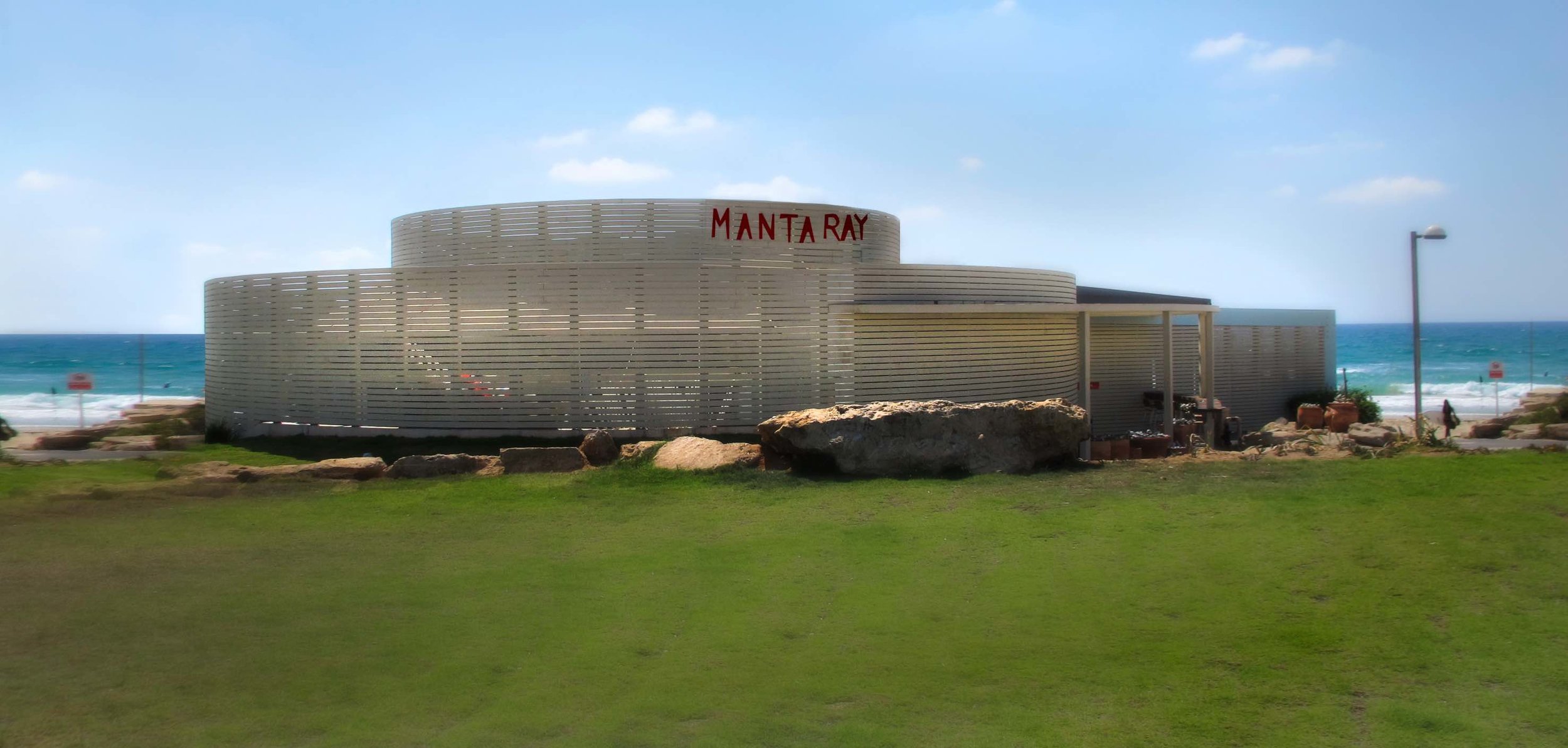

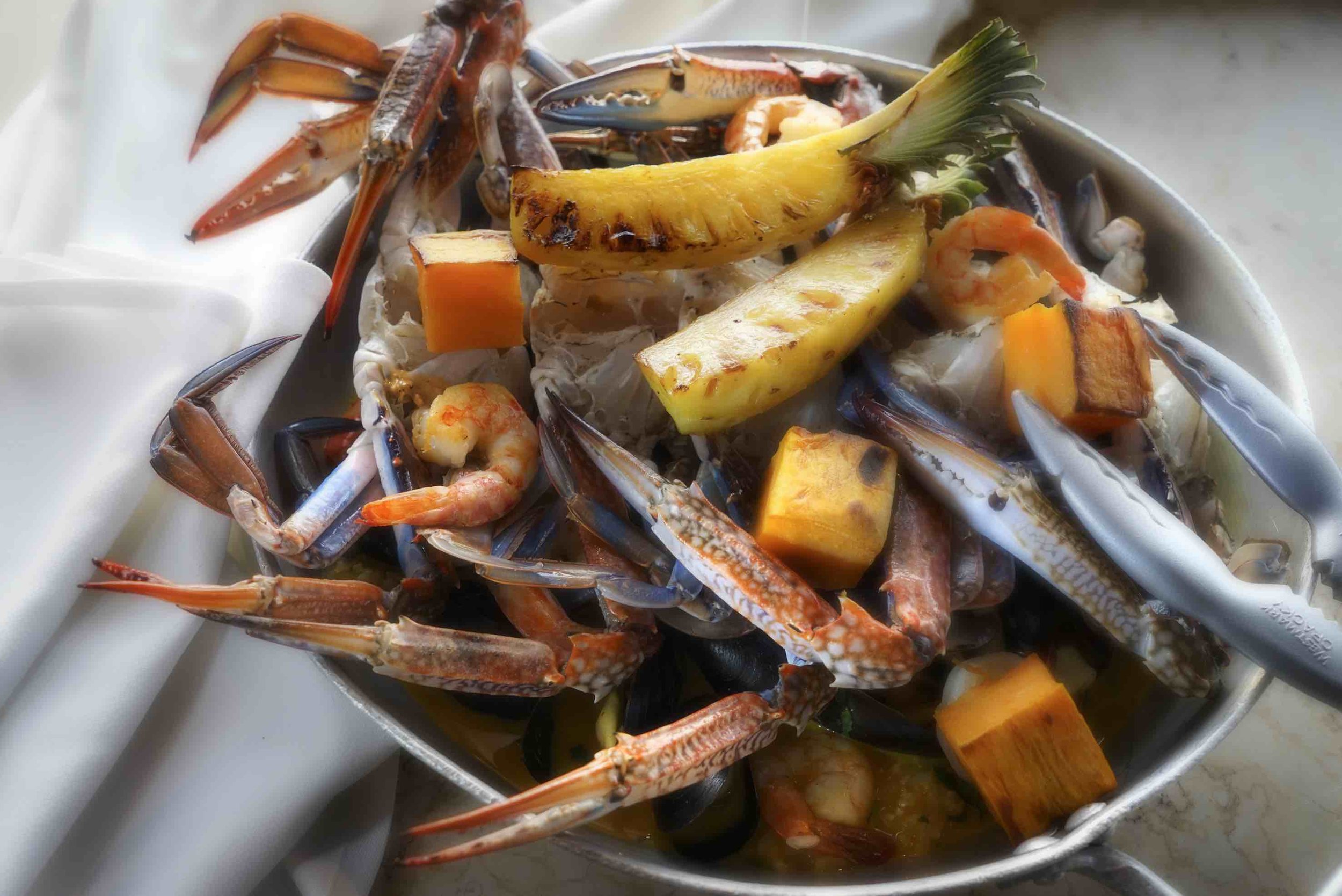

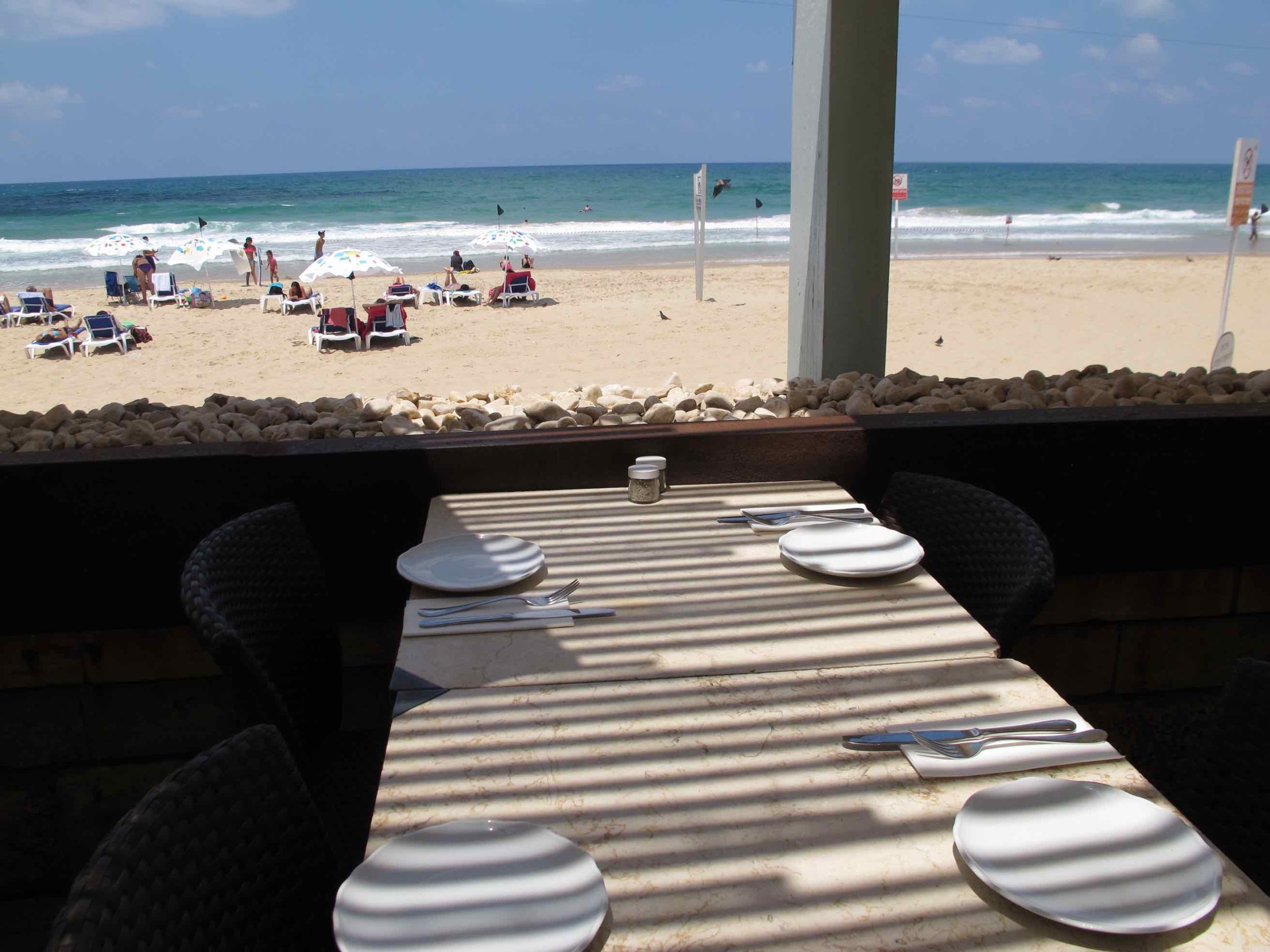
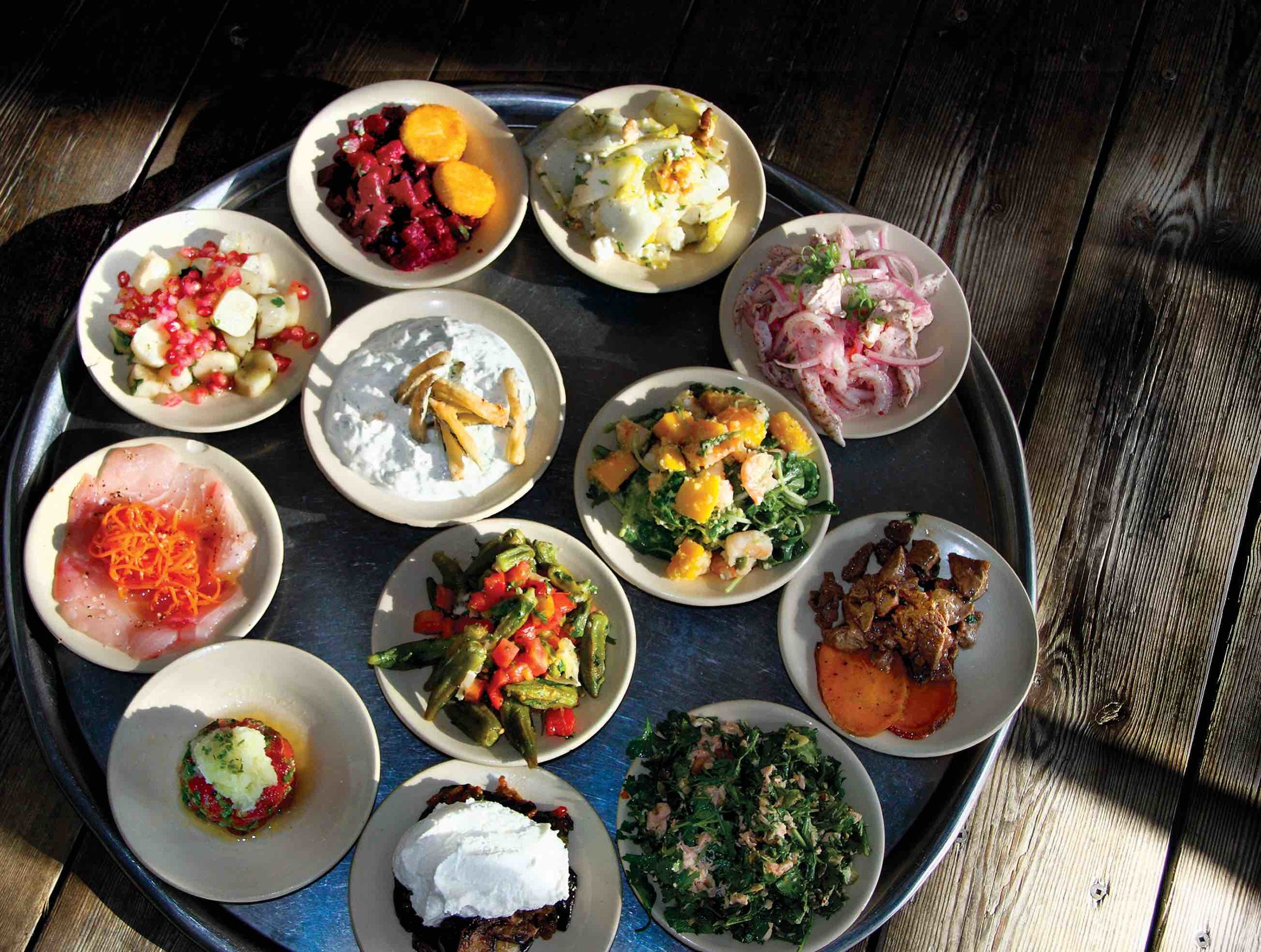
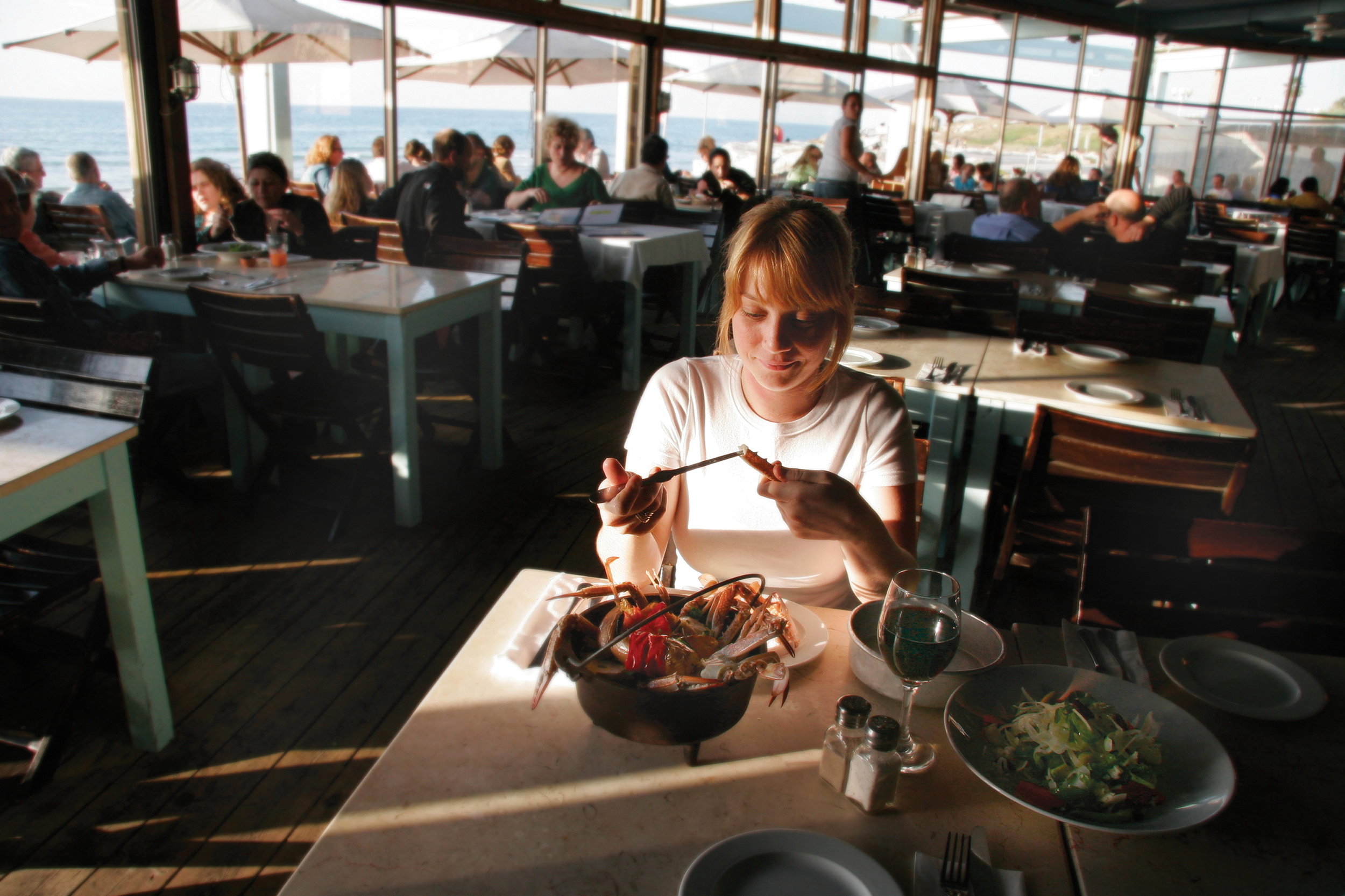
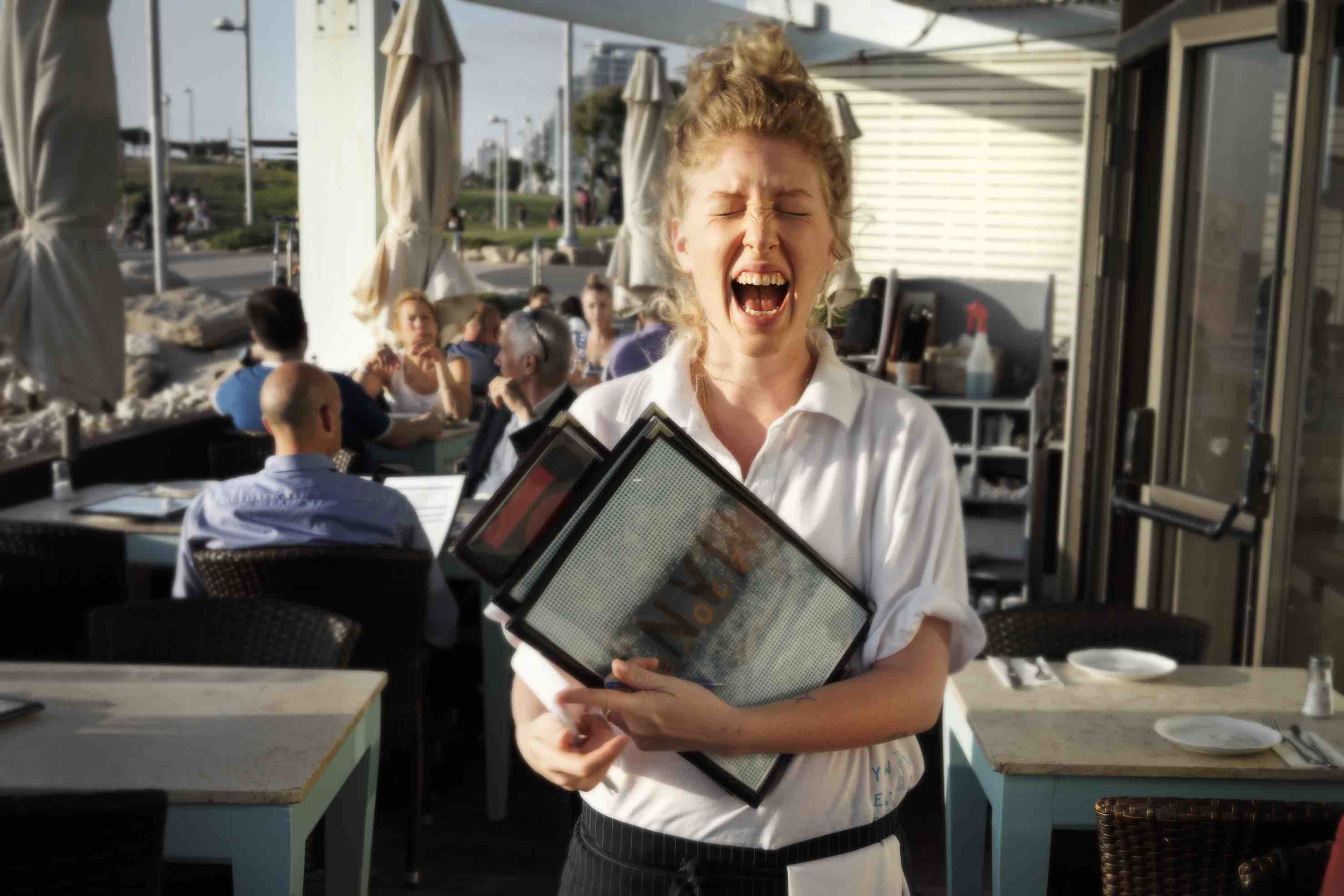

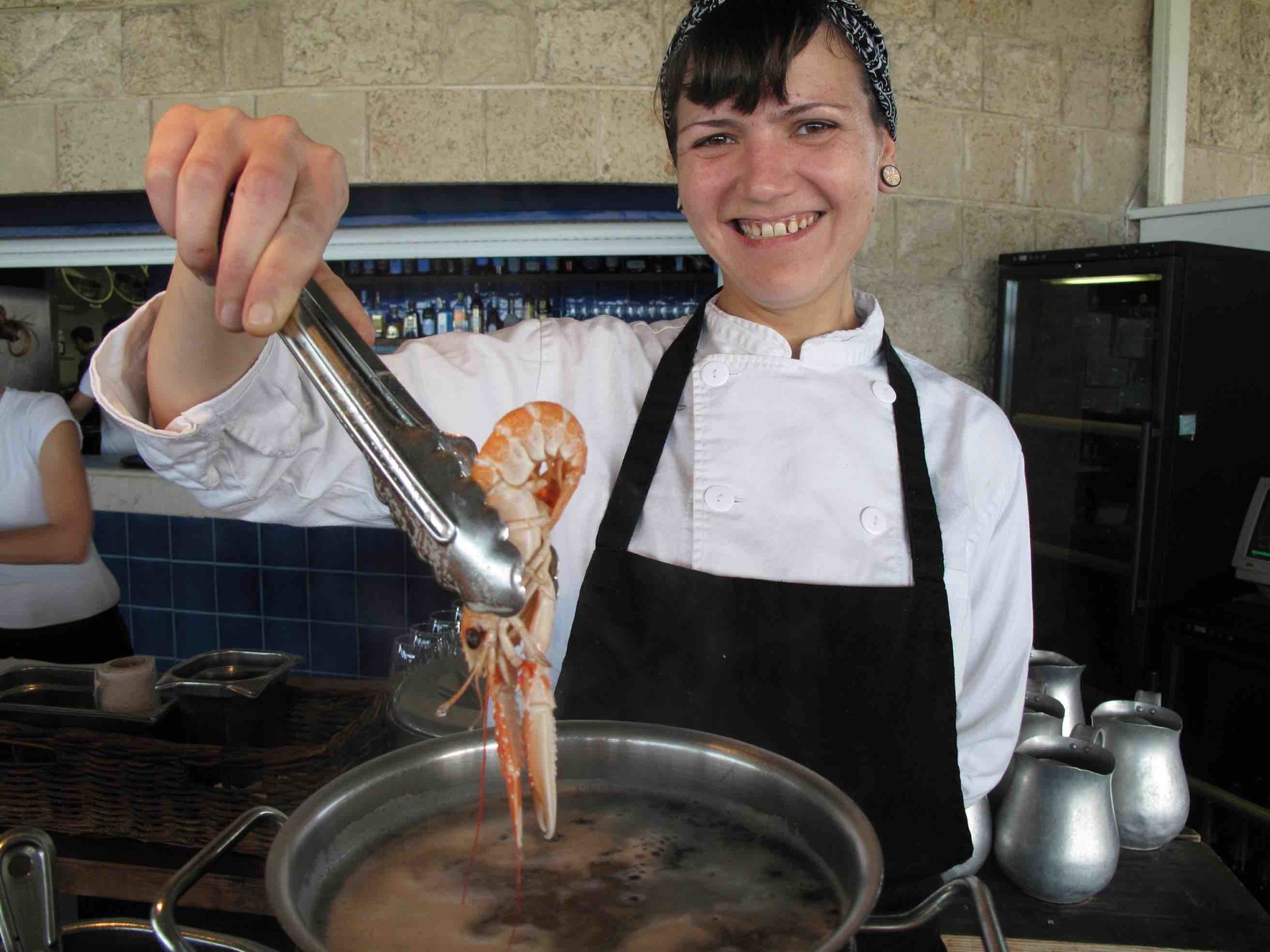
Manta Ray restaurant. Photos courtesy Avi Ganor.











